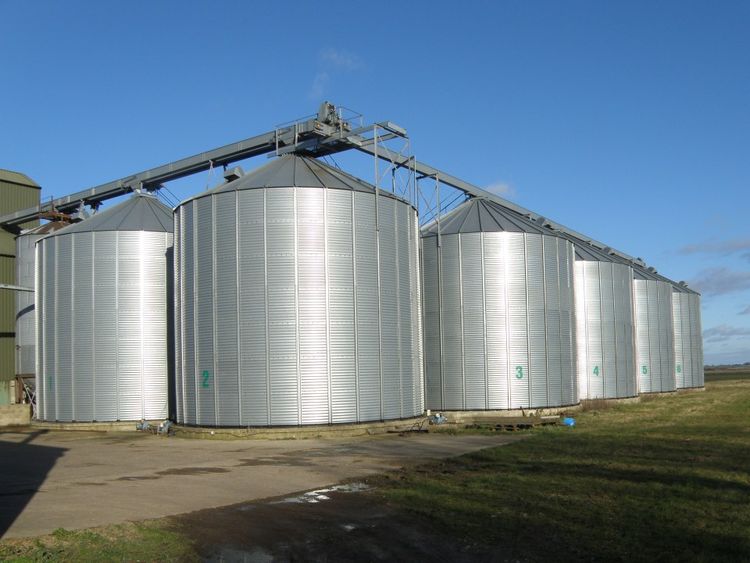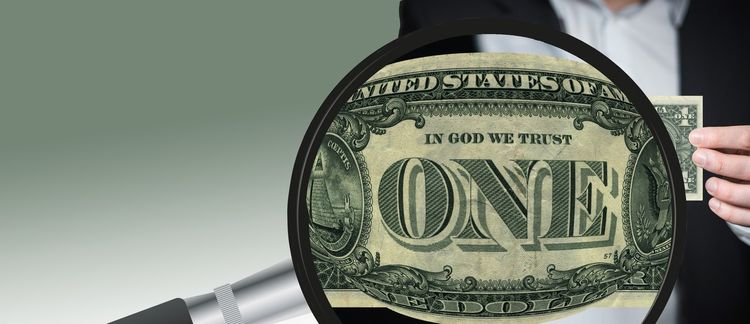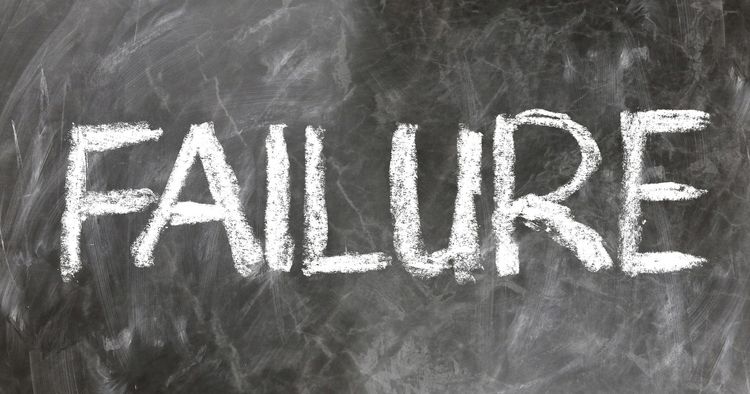A simple idea that could provide vital clues for the future of Insurance

A lot of us have had our fair share of excitement over the weeks just gone - with half term breaks, the Brexit deal or no deal, and perhaps with the Donald Trump presidency, perhaps with Covid, and now with the Russian invasions.
However, aside from experiencing an earthquake during my half term break, I had a most bizarre conversation with an interesting stranger (referred to here as James for confidentiality) on my travels.
The Luxury of Coincidence
"Interesting", James responds, on finding out that I had run the data department for AXA. "I am fundamentally data-centric too. I run a relatively young FinTech organisation that is primarily focused around insurance. Some people may consider us InsurTech. We are young but one of our big differentiators is our access to significant financial capital. This means we do not need to keep knocking on the doors of the old dinosaurs - with cap in hand - begging to be associated with them and ending up being stifled by their legacy.", he continued, with a hint of a smirk on his face.
The Antecedence of Today's Banking Industry
We then go on to debate the future of insurance - and some of the thoughts he came up with seemed somewhat radical. "Insurance today is like the Shylock industry of the pre-Banking era", he asserted. He then shares his thoughts on how the evolution - of today's Banking industry - can be traced back through the Shylock, Usury and Moneylending eras. "Banking has made a complete transformation - from customer relationships based on distress, to ones based on everyday living. It has moved from a focus on loans - and even beyond deposits - to everyday money management and financial enablement. In effect, Banking is now in the day to day lifestyle business - with its shift away from money lending to money management. And its historical products (such as loans and mortgages) are now pretty much perceived as add-ons, from the customers' viewpoint.", he says, with a confidence that seems underpinned by some breakthrough idea he had up his sleeves.
The Future of Insurance
"The big question for us is, can Insurance do that? Can it make that transformation? Are there any sufficiently innovative players in the market, that are bold and creative enough to break out of today's antiquated business model - a model which has been left unchanged for hundreds of years and has struggled to take advantage of potential new customer demand streams? For instance, why can't car insurance shift from its current model of mobility insuring to one of mobility enabling?". He now turns to look at me, as if about to let out a huge secret. "Edosa, let me tell you this. Insurance is clearly ripe for radical disruption and it is those who are brave and agile enough that will be the winners of tomorrow.", he proposes, as he seems to sink back into his seat.
I nod in agreement and we continue to discuss a number of tangible ideas - for potential disruption.
The Significance of Data and Lessons from the Past
I was never in doubt that significant opportunities are available within insurance markets - especially so for products enabled by data - however, like James, I am now absolutely convinced that when the disruption arrives, it could be as seismic as the often quoted Blockbuster versus Netflix case study.
"So, we know change is inevitable and it is increasingly apparent that change is not as far away as we are used to assuming.", he continued. "The big question for you is, will you be one of the big winners - or one of the big losers?".






Member discussion